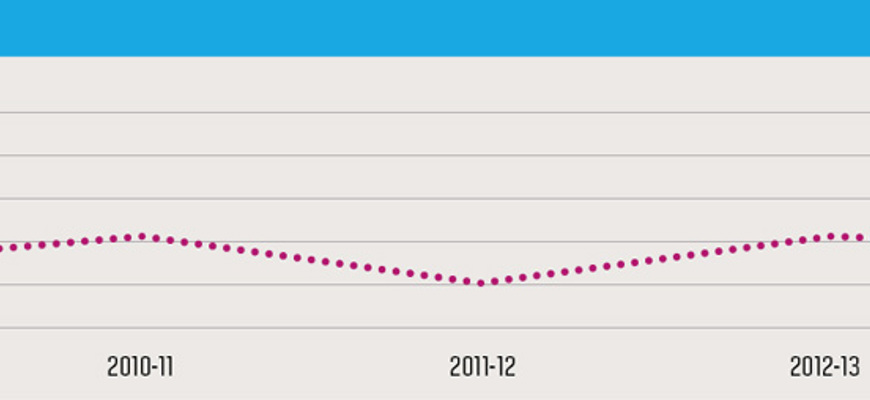Mediation first

Despite the fact that in today’s legal environment mediation is increasingly accepted as an efficient and cost-effective alternative to expensive court action, it comes as a surprise to some that mediation lies at the heart of the SLCC’s complaints handling process.
In fact, one of the unique attributes of the SLCC’s legislation is the inclusion of mediation within the prescribed process – where a complaint about inadequate professional services, or part of it, has been accepted by the Commission as eligible for investigation, mediation will generally be offered.
And it is not difficult to see why the legislators considered that this was, to quote 1066 And All That, a “Good Thing”.
An effective method
First, it is a quicker way to resolve complaints. Where a complaint proceeds to the final stage of our process, it can take up to 12 months to conclude. However, where mediation is successful, the complaint can be concluded in as little as three months.
Secondly, it is a cheaper and more efficient way of resolving complaints. In terms of cost and time this allows the SLCC to redirect resources to provide more guidance and training on complaint handling best practice. Similarly, it reduces the cost and time solicitors can expend in dealing with otherwise lengthy and unnecessarily drawn-out complaints.
The practical benefits
By far the main benefit of mediation is that it allows complainers and solicitors to clear the air and reduces any ill will they may feel towards each other. It allows their voice to be heard, addressing the underlying emotional issues which often fuel complaints. The impact of emotion cannot be overplayed; we find that the further into our process the parties progress, the more disempowered they feel. Mediation avoids this.
Similarly, it reduces the danger of the parties to the complaint becoming entrenched. With the focus on resolution, the parties are encouraged to weigh up the strengths and weaknesses of their case which, our experience shows, more often than not results in early resolution.
Most significantly, because mediation allows the parties to have their say, we find that this leads to greater satisfaction of their experience of the complaints process. As parties themselves decide the outcome of mediation, there is no decision imposed on them.
Unlike a formal determination, there is no winner and loser. This is reflected in the feedback results from mediations, which are very positive. Overall satisfaction – from both complainers and solicitors – rated their experience as good (43%), very good (28.5%) or excellent (28.5%).
How successful is it?
All this theory and process feedback is well enough, but how effective is SLCC mediation in practice? The figures (see above) speak for themselves.
On average, approximately two thirds of cases which enter mediation resolve at this stage.
Of course there will always be complaints that cannot be resolved at mediation, and our experience shows that certain types of complaint are more likely to resolve at mediation than others – 74% of complaints relating to executries, wills and trusts resolved successfully at mediation as opposed to 67% of family law complaints. However, the benefits are clear across all business categories, and one of the challenges for the SLCC is to encourage takeup.
To that end we continue to break down the perceived and real barriers that inhibit takeup rates, and we are exploring new and innovative means through which mediation can take place – including recent successful mediations which have been facilitated through the use of Skype.
As an efficient and cost effective alternative to the traditional formal complaint investigation, it seems clear to us that mediation in legal complaints is not to be sniffed at.
In this issue
- Respect revived
- Adoption: when should contact continue?
- Family values
- Designs on IP law
- Section 29 claims, time bar and service
- Sharing the rewards
- Reading for pleasure
- Opinion: Lauren Wood
- Book reviews
- Profile
- President's column
- Making the big changeover
- People on the move
- Another leap forward
- LBTT: aligning payment and registration
- The (legal) people have spoken
- Powers of attorney: another angle
- Greatness begins with a pin badge
- Jackson: has it delivered?
- The test for causing alarm
- When do licensed premises "cease to be used"?
- Empowering communities
- Has clawback lost its tax bite?
- Scottish Solicitors Discipline Tribunal
- Property Law Committee Update
- Call it a comeback
- Refereeing the referendum
- Law reform roundup
- From the Brussels office
- What's next for SYLA?
- Mediation first
- When life begins at 60
- With growth there is risk? (2)
- Ask Ash
- Sustainable future: new ideas for the training contract
- Mentoring - why?
- Lender Exchange: what's it about?
- A bar removed






